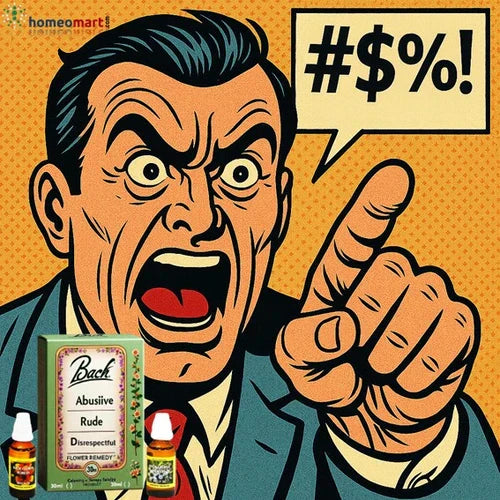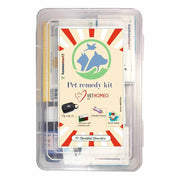Rude and Disrespectful Behavior: Triggers, Age Differences & Path to Change
Rude or disrespectful behavior - dismissive tones, harsh words, dismissive gestures - disrupts social harmony. Wikipedia describes it as “a display of actual or perceived disrespect by not complying with the social norms or etiquette” Though disrespect may appear everywhere - from the office to the playground - the motivations and manifestations vary greatly across age and context.
👶 Children vs. Adults: How Rudeness Differs
-
In Children, rudeness often springs from developmental needs or emotional overflow. Young children may express frustration, hunger, or seeking attention through tantrums or defiance. These behaviors are usually impulsive - not premeditated - and driven by undeveloped emotional regulation.
-
In Adults, rudeness is rarely accidental. It might stem from learned behavior, ingrained attitudes, power dynamics, or perhaps a defense mechanism. Adults may use rudeness strategically - to assert dominance - or as a reaction to stress, resentment, or low self-esteem.
🔍 Core Reasons Behind Rude Conduct
-
Emotional Triggers & Defense
Many who act disrespectfully are reacting to internal distress—anger, fear, bitterness, or insecurity. They might lash out to mask vulnerability or protect their ego. -
Habitual Patterns & Culture
In some environments - high-stress workplaces or aggressive family systems—rudeness becomes normalized. Over time, individuals adopt it as a coping pattern. -
Control & Power Play
Psychological studies show that rudeness can be a strategy to control or intimidate others . Sarcastic or dismissive remarks are sometimes used intentionally to undermine someone’s confidence. -
Low Empathy or Resentment
Lack of empathy can fuel rudeness—and so can harboring bitterness, blaming, or contempt for others.
🛠️ Pathways to Change: Practical & Emotional
1. Self-Awareness & Intentional Pause
Catch yourself before reacting. Ask: What am I truly feeling right now? Why am I upset? This pause can prevent hurtful outbursts.
2. Empathy Practice
Try to see the person’s perspective - even in conflict. This reframing softens judgment and can diffuse tension.
3. Communication Skills
Direct, “I” statements like “I feel upset when…” express feelings without attacking. It’s a healthier alternative to sarcasm or contempt.
4. Emotional Support
Discuss triggers and emotions with trusted friends, partners, or a counselor. So much conflict comes from unexpressed feelings.
5. Bach Flower Support
For longer-term temperament balance, Bach Flower Mix for Abusive, Rude, Disrespectful Behaviors blends Beech, Holly, and Willow to address core emotional states:
-
Beech encourages tolerance and clears critical, harsh judgment.
-
Holly helps release anger, suspicion, and hostility—making room for warmth and understanding.
-
Willow alleviates resentment and bitterness, fostering forgiveness and emotional freedom
Taken regularly, this remedy supports emotional harmony and helps soften defensive attitudes—gradually reducing rude outbursts.
🎯 Final Thoughts
Rude and disrespectful behavior usually points outward, but its roots lie within—often in emotional wounds, unmet needs, or unhelpful mental patterns. In children, such instances typically reflect developmental gaps or stress; in adults, they often reveal emotional weariness or learned responses.
By cultivating self-awareness, empathy, healthy expressions, and—where helpful—emotional balancing via remedies like the Bach Flower Mix, individuals can transform rude reactions into constructive, considerate interaction. That transformation—not to mention relationship renewal—is well worth the journey.











